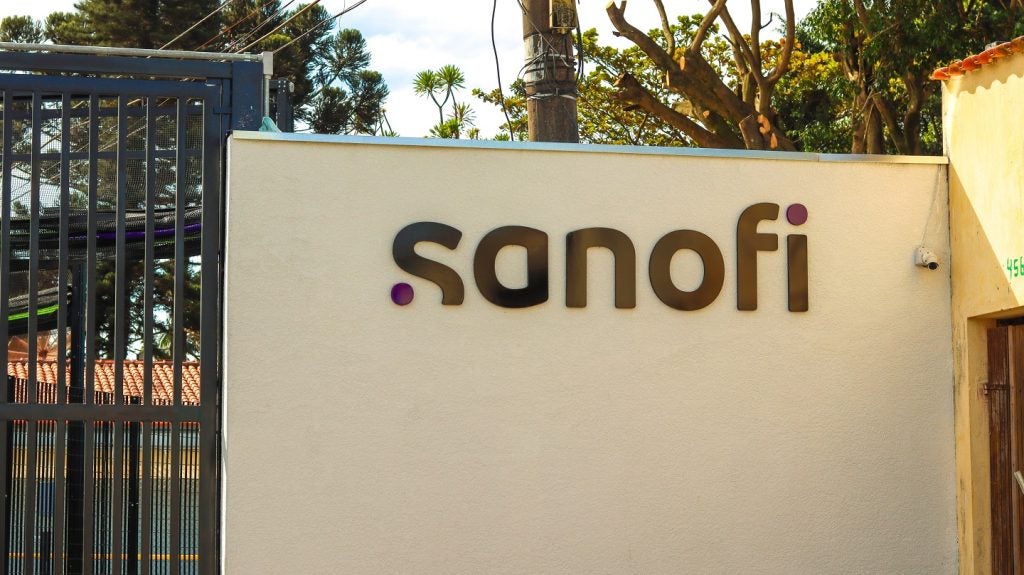Sanofi's oral, reversible Bruton’s tyrosine kinase (BTK) inhibitor rilzabrutinib has gained US Food and Drug Administration (FDA) orphan drug designation (ODD) to treat two rare conditions: IgG4-related disease (IgG4-RD) and warm autoimmune haemolytic anaemia (wAIHA).
IgG4-RD is a chronic fibro-inflammatory condition that can result in organ damage and sometimes fatal outcomes, and wAIHA is a life-threatening autoimmune disorder characterised by the premature destruction of red blood cells.
Outcomes from a Phase IIb trial in wAIHA patients demonstrated meaningful data on disease markers and response rate.
A Phase IIa trial in patients with IgG4-RD demonstrated that the therapy for 52 weeks decreased disease flare-ups, disease markers and the need for glucocorticoids.
The safety profile observed in both trials was consistent with previous trials.
The therapy is also being reviewed in the European Union (EU), China and the US for immune thrombocytopenia (ITP).
The FDA has set a target action date of 29 August 2025 for its decision on ITP, having previously granted the drug fast-track status.
The therapy has also gained ODD status for ITP treatment in the EU, Japan and the US.
Sanofi rare diseases development global head Karin Knobe stated: “Orphan drug designation for these two rare, immune-mediated conditions validates our ongoing commitment to pursuing potential first and best-in-class medicines for diseases that affect small populations but persist with unmet medical need.
“Our continued exploration of rilzabrutinib across multiple indications speaks to our belief in its potential for multi-immune modulation, as well as our belief in supporting treatment options, no matter how rare a condition.”
The company’s tailored covalency technology, which was applied to rilzabrutinib, allows for selective blocking of the BTK target and may decrease the off-target side effect risk.
The latest development follows Sanofi's recent FDA approval for its haemophilia treatment, Qfitlia (fitusiran).









